Bengali Theatre and the Attachment of Kolkata’s Educated Community
Introduction:
Kolkata, lovingly referred to as the cultural capital of India, boasts a rich tapestry of performing arts. Among the diverse artistic expressions that thrive in this vibrant city, Bengali theatre occupies a cherished place in the hearts of Kolkata’s educated populace. The relationship between the educated individuals of Kolkata and Bengali theatre is profound and enduring, weaving together intellect, emotion, and artistry. In this blog, we will explore the unique attachment of Kolkata’s educated community to Bengali theatre, featuring notable theatrical productions that have left an indelible mark on their lives.
Bengali Theatre and the Unique Attachment of Kolkata’s Educated Community
Intellectual Stimulation:
Kolkata’s educated community seeks intellectual stimulation and finds it abundantly within the realm of Bengali theatre. The city’s theatre scene showcases plays that delve into complex social, political, and philosophical themes, offering narratives that provoke thought and challenge conventional perspectives. Productions like “Bisarjan” by Rabindranath Tagore and “Prachya” by Utpal Dutt provide the intellectually curious individuals of Kolkata with a platform for deep analysis and stimulating discussions, quenching their thirst for knowledge and critical thinking.
Cultural Identity:
Bengali theatre serves as a powerful expression of Kolkata’s cultural identity, evoking a deep sense of pride among its educated denizens. The plays staged in the city encapsulate the essence of Bengal’s rich literary heritage, celebrating its language, traditions, and values. Productions such as “Chokher Bali” based on Rabindranath Tagore’s novel and “Raktakarabi” by Badal Sircar resonate deeply with Kolkata’s educated audience, as they connect with their roots and uphold the cherished cultural heritage of Bengal.
Social Commentary and Activism:
Bengali theatre has a long-standing tradition of engaging in social commentary and activism, addressing pressing issues that plague society. Kolkata’s educated individuals, driven by a desire for positive change, gravitate towards plays that tackle socially relevant themes head-on. However productions like “Ebong Indrajit” by Badal Sircar and “Boma” by Bratya Basu not only raise awareness but also inspire Kolkata’s educated audience to actively participate in movements and initiatives aimed at bringing about social transformation.
https://kolahal.org/2024/02/09/utilizing-stage-ambience-to-transport-audiences-in-theatre/
Artistic Brilliance and Performance Appreciation:
Kolkata’s educated community indeed possesses a deep appreciation for art and aesthetics. Eventually Bengali theatre never fails to captivate their discerning sensibilities. The artistic brilliance displayed in productions, from impeccable acting to mesmerizing sets leaves a lasting impact on the audience. Performances such as “Nabanna” by Bijon Bhattacharya and “Tughlaq” by Girish Karnad showcase the meticulous attention and commitment to excellence. Thus resonating deeply with Kolkata’s educated individuals, transporting them to a world of artistic brilliance and emotional catharsis.
Community and Networking:
Bengali theatre fosters a sense of community and networking among Kolkata’s educated individuals. It thus create spaces for like-minded individuals to come together, share ideas, and form lasting connections. Theatre festivals such as “Natyotsav” and “Ganga-Jamuna Natya Utsav” bring together the theatre community. Altogether, they serve as platforms for collaboration, mentorship, and the exchange of diverse perspectives. The shared passion for Bengali theatre acts as a unifying force. It thus strengthen the bond among Kolkata’s educated community and nurturing a vibrant network of creative minds.
Conclusion:
In conclusion, the attachment of Kolkata’s educated community to Bengali theatre is a testament to the profound impact of this art form on their lives. From intellectual stimulation and cultural identity to social activism and artistic appreciation, Bengali theatre resonates deeply with Kolkata.
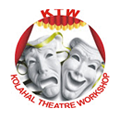
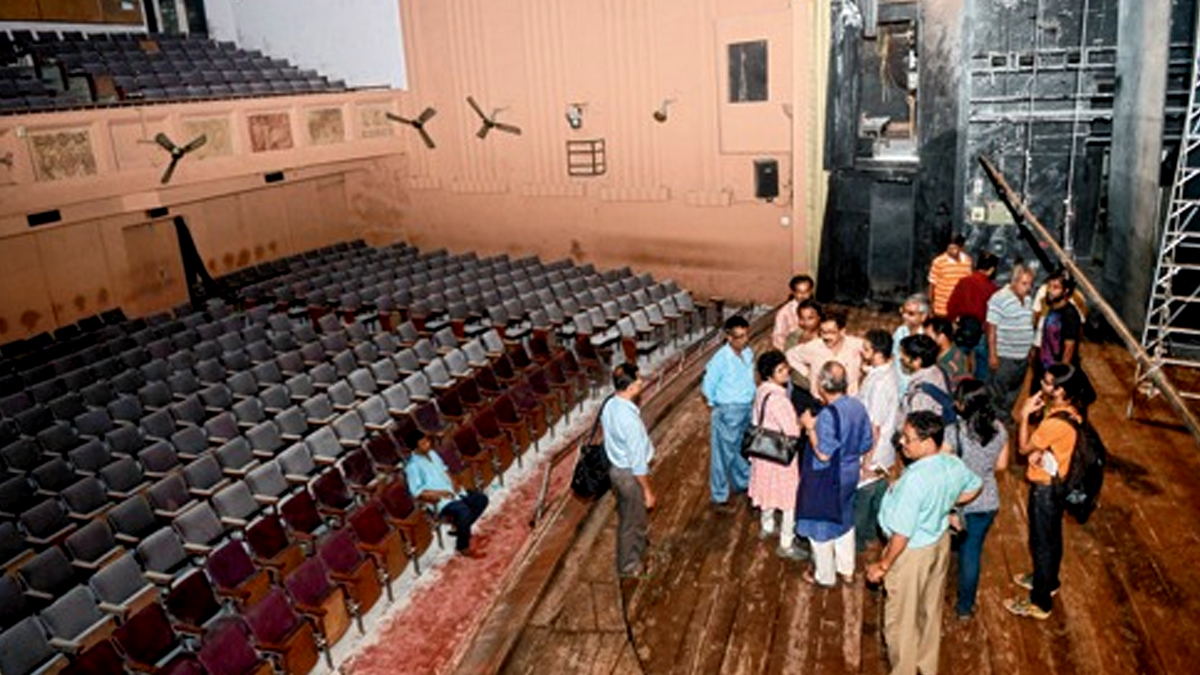
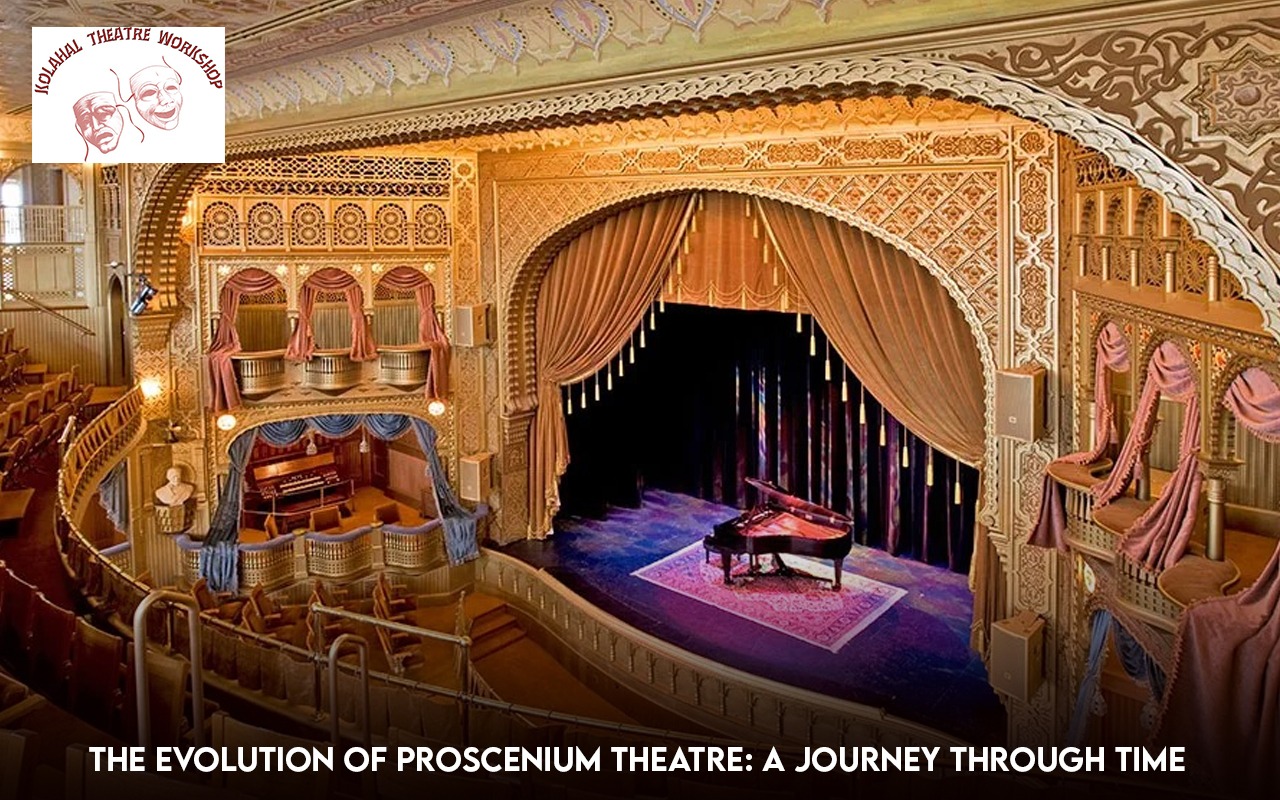
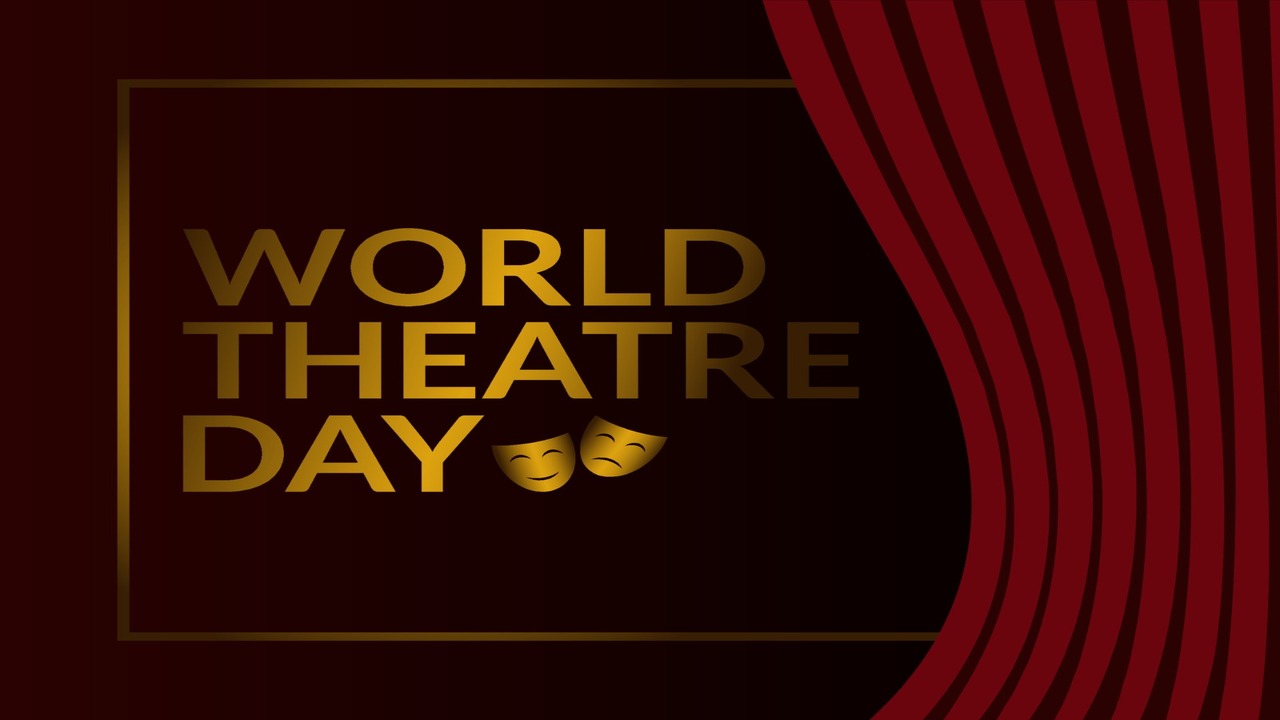
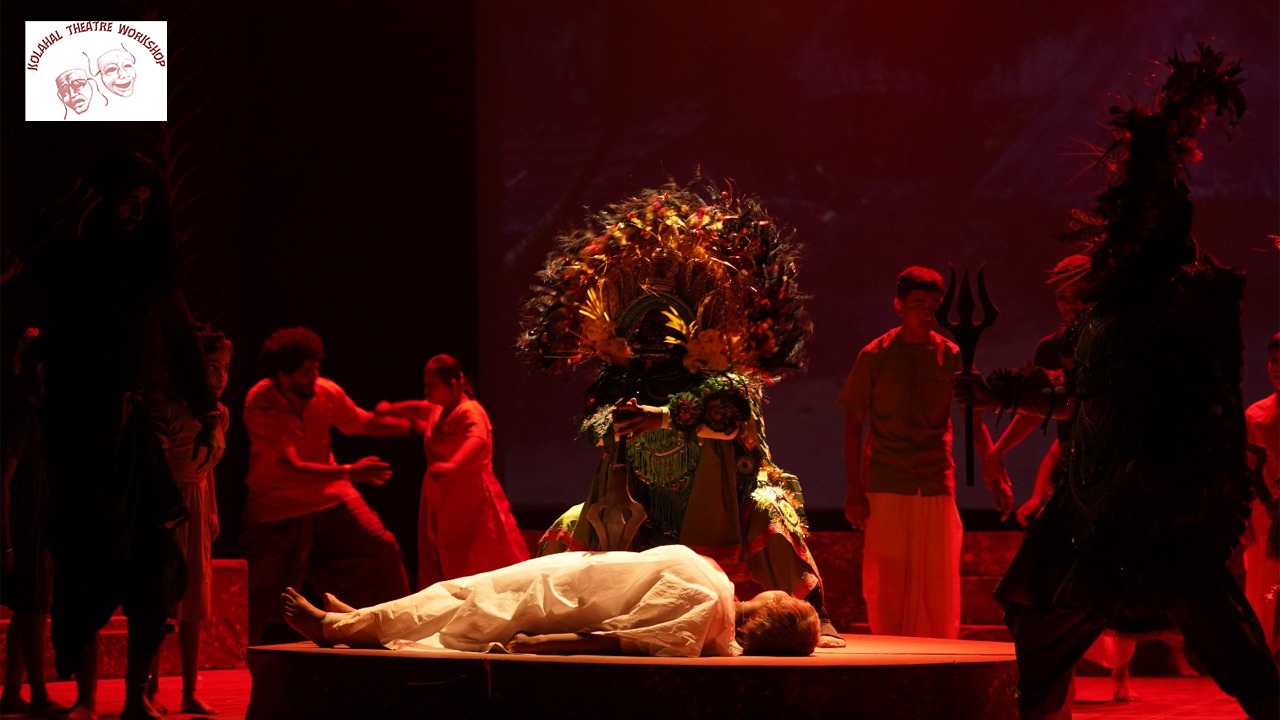
This internet site is my intake, really excellent style and design and perfect articles.
I wish to convey my passion for your generosity supporting persons who really want assistance with this particular issue. Your personal dedication to getting the solution all around ended up being amazingly advantageous and have really allowed others just like me to realize their endeavors. This warm and helpful suggestions means so much a person like me and substantially more to my office workers. Thanks a ton; from everyone of us.
I too conceive so , perfectly pent post! .
Good blog! I really love how it is easy on my eyes and the data are well written. I am wondering how I might be notified when a new post has been made. I have subscribed to your RSS which must do the trick! Have a great day!
Woah! I’m really loving the template/theme of this website. It’s simple, yet effective. A lot of times it’s difficult to get that “perfect balance” between usability and appearance. I must say you’ve done a amazing job with this. Additionally, the blog loads super quick for me on Internet explorer. Outstanding Blog!
[…] https://kolahal.org/2023/07/20/title-the-unbreakable-bond-bengali-theatre-and-the-attachment-of-kolk… […]
I loved your blog post.Really looking forward to read more. Really Cool.